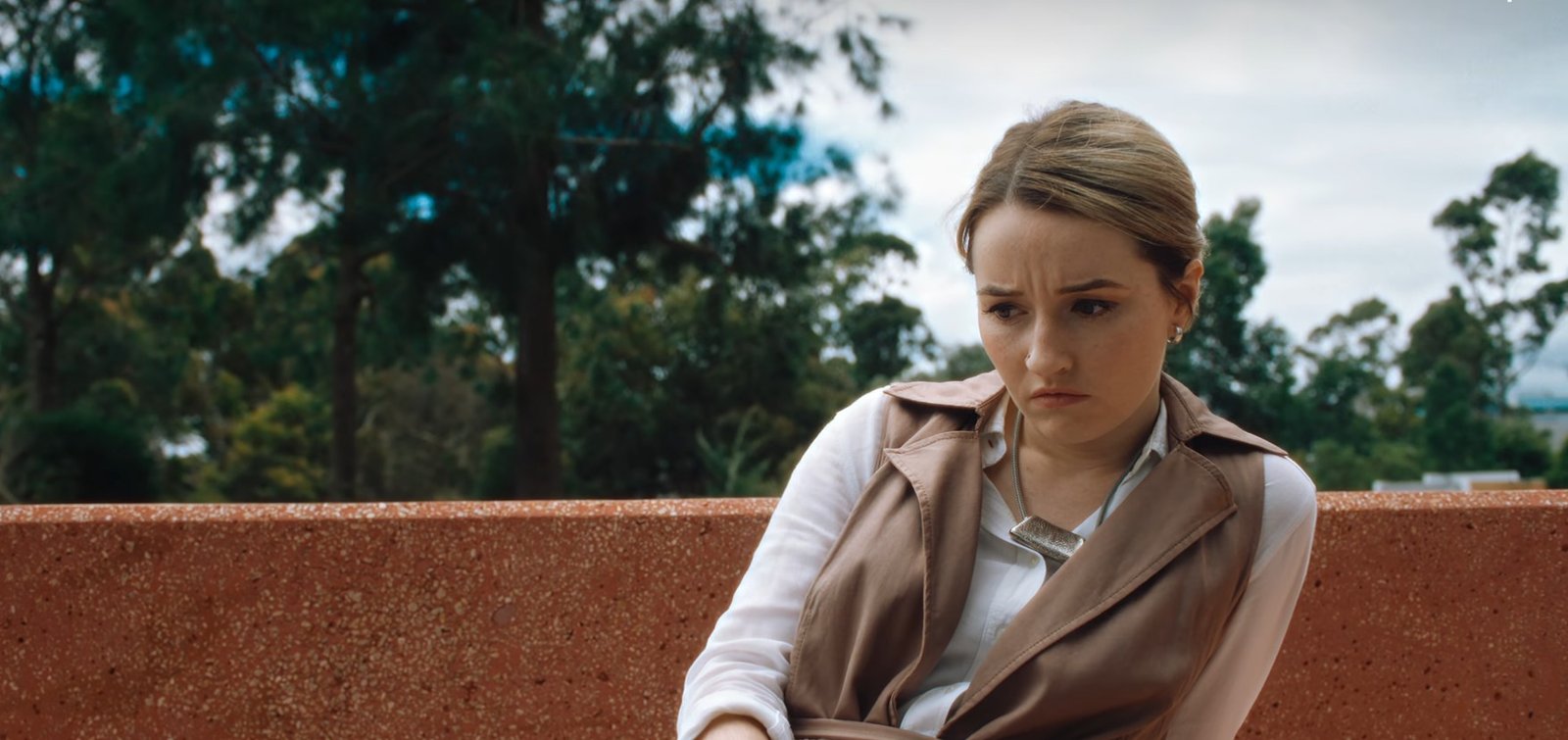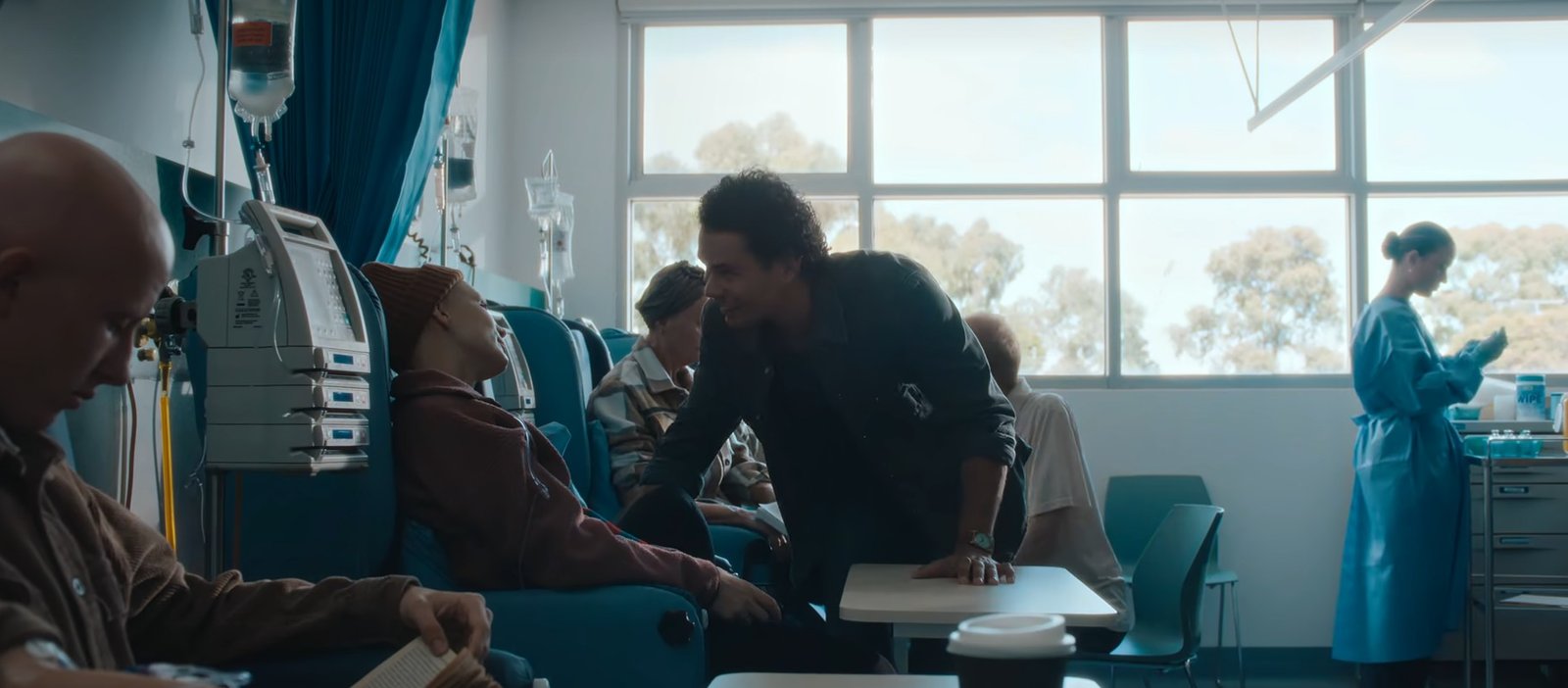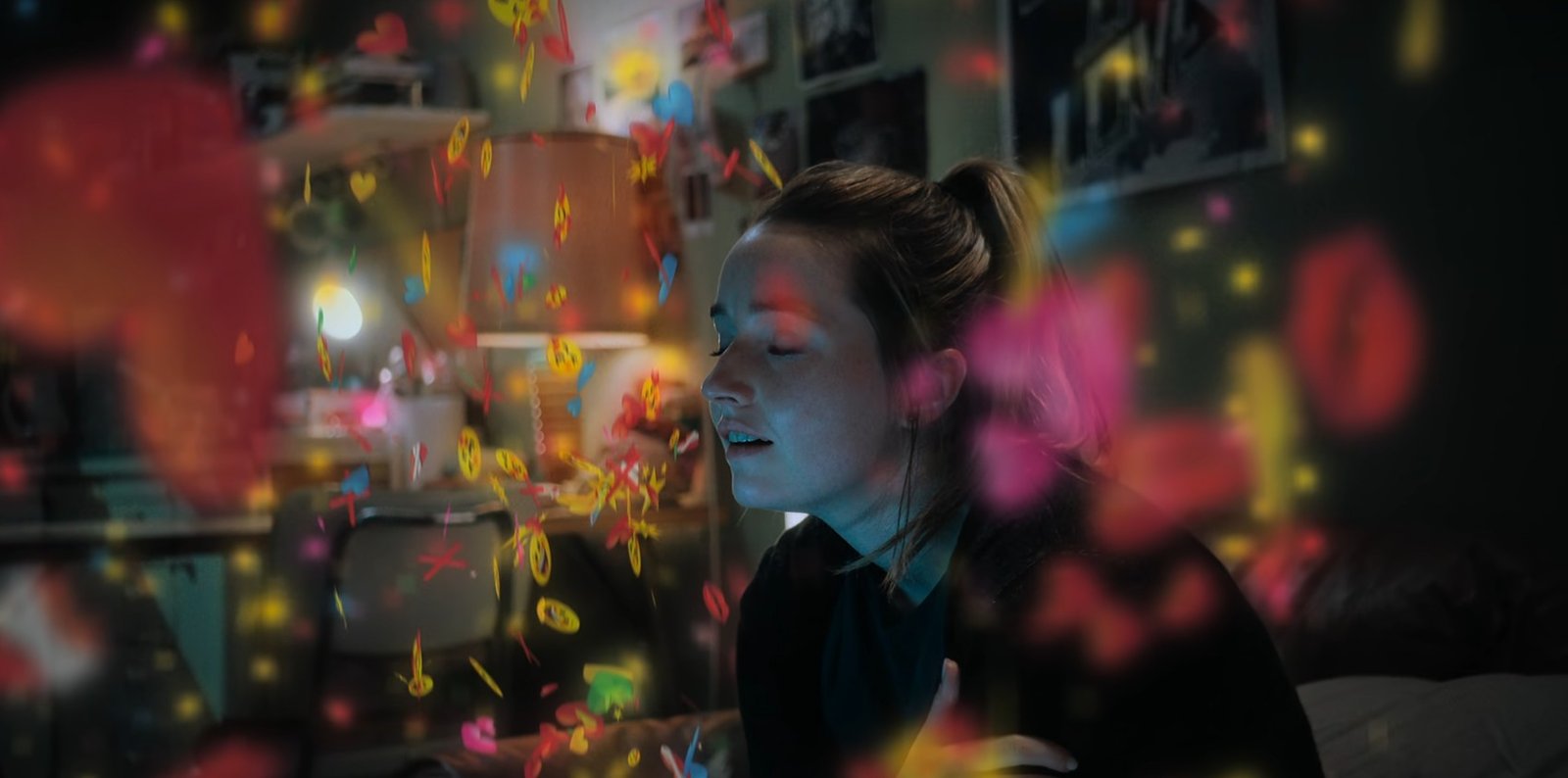Apple Cider Vinegar is a good show, it is a bold, no-holds-barred dip into lies, ambition, and the dark side of playing the victim. At its heart, the show tells the journey of Belle Gibson, taking us from her teenage years to a dull 9-to-5 grind, and eventually, to the shocking mastermind behind one of the most jaw-dropping, disgusting, and unbelievable scams in recent history. Belle’s choice to fake a cancer diagnosis, milking people’s kindness for fame, fortune, and influence is told with sharp, almost surgical precision, and tells how far someone will go when they see an opportunity to manipulate the system.

Apple Cider Vinegar’s greatest strength is its storytelling. The show doesn’t just fixate on one character, Belle, but is built upon a plethora of other characters, some directly inspired by real people, others fictional but equally relatable. Each of their individual arcs is given the care and attention they deserve, ensuring that no story feels like an afterthought. Whether they are enablers, skeptics, or unwitting victims of Belle’s deception, every character be it Milla, Lucy, or Justin has depth and purpose. Moreover, the characters constantly break the fourth wall, telling the audience that the series is based on a true story about a lie.
Kaitlyn Dever plays the role of Belle Gibson, and honestly, no amount of praise would be enough, she’s that good. With an already impressive lineup of performances under her belt, she completely disappears into the character. In simple terms, Kaitlyn becomes Belle and ropes us into the twisted mindset. Through her performance, we actually get to see what was going on inside Belle’s head, what she was thinking, how she justified fooling the world, and why she kept the act going. The scariest part about all of it was that Belle wasn’t just lying to the world but was convincing herself those lies were real, and Kaitlyn soaked up that self-delusion perfectly, making her performance one of the show’s biggest strengths.
Alycia Debnam-Carey also does justice to her portrayal of Milla Blake, another character based on a real person. She plays a cancer patient who is fully committed to holistic healing, convinced that nature and juices can cure anything while rejecting medical advice outright. There’s not a single moment where Milla doubts her beliefs, she sticks to them till the end, even when it’s clear they’re leading her down a destructive path. Alycia brings such honesty to the role that we can’t help but feel frustrated yet heartbroken for her. Much like Kaitlyn, she represents someone who ultimately becomes the architect of their own downfall, refusing to listen to anyone who tries to help. The rest of the supporting cast is also brilliant with their own individual stories and motivations be it Aisha Dee, Ashley Zukerman, Tilda Cobham-Hervey, and Mark Coles Smith.

The production value and cinematography of the series are also deserving of the praise. On the visual side, Apple Cider Vinegar is stunning and makes use of bright colors whenever Belle or Milla are on screen, almost as if reflecting their carefully curated, picture-perfect worlds. It makes sense, given that both characters live in their own bubbles, convinced they know better than anyone else. There are plenty of scenes that feel like they’ve been taken straight from an aesthetic Instagram feed, fitting, considering how Belle and Milla built their wellness careers on social media.
However, when the focus shifts to those who truly suffer because of their misfortunes, the tone changes completely. The colors turn bleak, the lighting dims, and the scene starts to feel cold and harsh. This is a clever, and subtle way of visually mirroring the impact of their choices.
In addition, the comment wars shown in the episodes are a great touch. The way the comment box overlays the scenes as Belle’s lies start to come out is the highlight of the show. The final episode, when Belle’s followers turn on her, and as the hate floods in, bruises and blisters start appearing on her face, showing how Belle’s carefully created image is cracking, and for the first time, the world is seeing her for who she really is, a liar and a cheat.

Even the best shows have their flaws, and Apple Cider Vinegar is no exception. The biggest issue is the constant back-and-forth between the past and present. While the nonlinear structure could have added depth, the show goes a little overboard. At first, it’s interesting, but after a while, it starts feeling tedious and confusing. You might catch yourself wondering, if the scenes are happening now, or if is this something that already happened, which can pull you out of the story.
Another thing that might test your patience is the over-inclusion of wellness retreats, yoga sessions, and nature-infused cult-like gatherings. They do a great job of setting the tone, but at times, it feels repetitive. That being said, it’s not necessarily a flaw but in a way actually helps us understand how these groups operate and why people fall for their anti-science rhetoric. You start to see how the rejection of modern medicine, the push for extreme veganism, and the glorification of “natural healing” become more than just lifestyle choices, they turn into a full-blown belief system.


